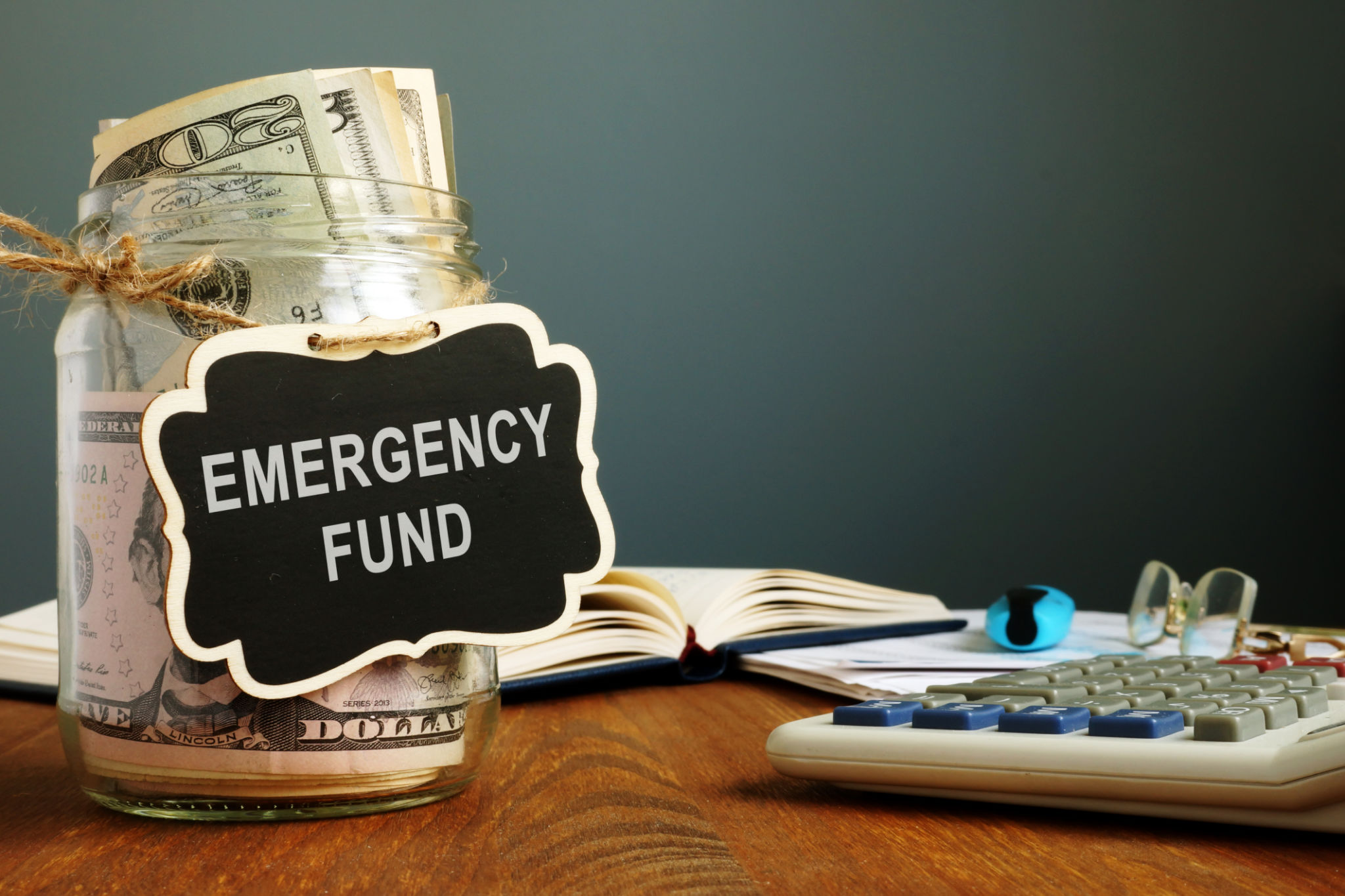Navigating Financial Emergencies: When to Consider a Payday Advance
Understanding Financial Emergencies
Financial emergencies can strike at any moment, leaving individuals scrambling to find quick solutions. Whether it's an unexpected medical bill, urgent car repairs, or a sudden job loss, these situations can create significant stress and uncertainty. It's crucial to have strategies in place to manage such emergencies effectively.
One potential strategy to consider in times of financial distress is a payday advance. This short-term financial option can provide immediate relief but should be approached with caution. In this blog post, we'll explore when it might be appropriate to consider a payday advance and how to use it responsibly.

What is a Payday Advance?
A payday advance, also known as a payday loan, is a short-term loan designed to cover urgent financial needs until your next paycheck arrives. These loans are typically small amounts and are meant to be repaid in full on your next payday. While they offer quick access to cash, they often come with high-interest rates and fees.
Before deciding on a payday advance, it’s essential to understand the terms and conditions associated with it. Carefully review the repayment terms, interest rates, and any additional fees to ensure you can manage the repayment without further financial strain.
When to Consider a Payday Advance
While payday advances can be helpful in certain situations, they are not suitable for everyone or every scenario. Here are some situations where a payday advance might be considered:
- Immediate Need for Cash: When you need cash urgently and have no other resources available, a payday advance might be an option.
- Short-term Solution: If you expect to have funds available soon, such as an upcoming paycheck, and can repay the loan promptly.
- Emergency Situations: Unavoidable expenses like medical emergencies or essential repairs that can't be postponed.

Risks and Considerations
While payday advances can be a lifeline in dire situations, they come with significant risks. The high-interest rates can lead to a cycle of debt if not managed carefully. It’s vital to consider whether you can realistically repay the loan on time without compromising your financial stability.
Consider other options before opting for a payday advance. These might include borrowing from friends or family, negotiating payment plans with creditors, or exploring community assistance programs. Assessing all available options can help you make an informed decision that aligns with your financial situation.
Responsible Use of Payday Advances
If you decide a payday advance is the best option for your situation, use it responsibly to avoid falling into a debt trap. Here are some tips:
- Borrow Only What You Need: Keep the loan amount small to ensure you can repay it easily with your next paycheck.
- Understand the Terms: Fully comprehend the interest rates, fees, and repayment schedule before signing any agreement.
- Create a Repayment Plan: Budget effectively to ensure you allocate enough funds for timely repayment.

Conclusion
Navigating financial emergencies requires careful planning and consideration of all available resources. While payday advances can offer immediate relief, they should be used sparingly and responsibly. Always explore alternative solutions and make well-informed decisions to maintain your financial health. By understanding the risks and benefits of payday advances, you can better manage unexpected financial challenges with confidence.